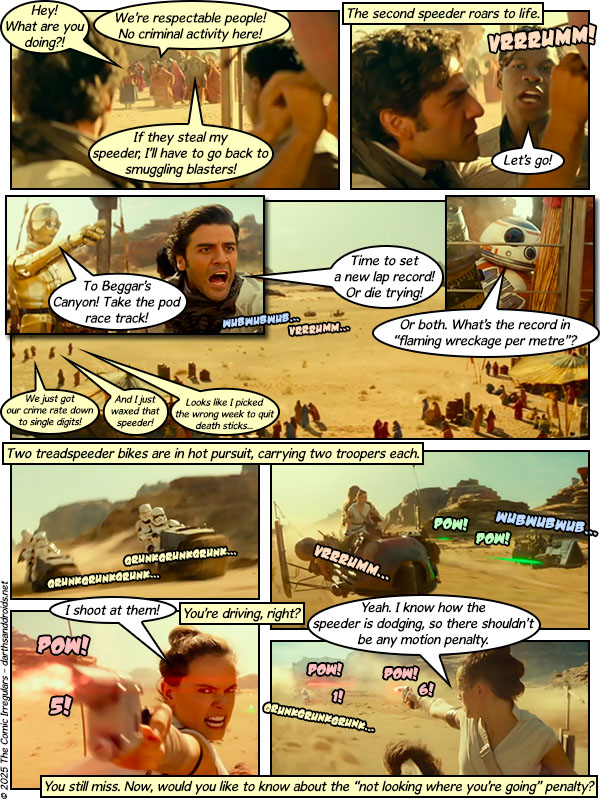The Royal Navy: a history from 1900, Duncan Redford and Philip GroveI read this in preparation for our Portsmouth trip, because I know nothing about naval history other than what can be gleaned from watching Hornblower and reading Alistair Maclean. This was a general overview of the 20th century, one book from a twelve-volume history of the Navy, very dense, but surprisingly readable for all that. I never lost interest even when deep in discussion of relations with the navy's one true enemy: Whitehall. Or the other great enemies, Churchill, and the RAF. It was quite clear that the French, Germans and so forth are all incidental to these long-lasting and deep emnities. To be fair, I'll give them Churchill, especially after Gallipoli.
As well as the details of battles and events and so forth, the book somewhat inadvertently told me a lot about the navy's biases and beliefs about itself: the Senior Service, it's known as, and they very much identify with that name. So much outrage at the RAF wanting to be in charge of airplanes, and getting funding that should really all go to the navy because the navy is the true defender of the realm. Which is not entirely false: anyone who wants to get here has to cross the sea, and anyone who wants to get here in large numbers has to cross the sea in boats, and stopping them is very much the navy's reason for existence. And they did it once, spectacularly, defeating the French invasion fleet at Trafalgar, with their great heroic admiral organising the battle brilliantly and dying at the moment of victory, and wow have they spent the next two centuries obsessed by this, clinging to it as a reason for their existence, and trying to find an opportunity to do it again to gain equal glory a second time around. And it was very clear that especially in WW1, this warped their thinking and their planning, which is why their attempt for a repeat at Jutland was, at best, a stalemate, and very far from the glorious triumph they thought was their due - but didn't have the training, strategy or skills to make happen, owing to being heavily mired in the past.
They did learn this lesson by WW2, where they did not attempt to replay Trafalgar, and instead they do their best to claim the triumph of the dog that didn't bark: the argument runs that the real reason the Nazis didn't invade is nothing to do with the RAF's Battle of Britain, but because the Germans didn't want to face the Royal Navy - and it's a fairly strong argument. But their main work in WW2 was grinding, difficult and focused on the economics of war rather than the drama, protecting shipping from U-boats across the Atlantic and in the Mediterranean so that food and the materiel of war could reach the UK at all. And they got pretty good at this after a while, due to throwing lots of effort at the technical and strategic ideas involved. Which was mostly convoy work. There's a whole rather dismaying thing about convoys in both wars: the navy hates convoy work because you sit around and wait to be attacked and it's not dashing and heroic and dramatic at all and you just go very slowly - for a warship - back and forth like a bus driver shepherding a lot of fractious cargo ships until someone attacks you. In WW1 the RN really didn't want to do it even though it was very clear that convoys work amazingly well at protecting merchant shipping compared to letting them go on their own and the navy just wandering around looking for trouble, and it took them a long time to agree to do it. In WW2 they did go straight to convoys, though they had an equally hard time persuading the Americans that they also needed to use convoys once they joined the war; there seems to have been a frustrating period after the US joined in when the RN would escort ships up to American waters and then leave them, and since the Americans didn't convoy them the rest of the way, the U-boats immediately sunk hundreds of merchant ships that had been safely convoyed across the rest of the Atlantic; eventually the US navy agreed to convoy the ships, though it wasn't clear whether they ever agreed to black out coastal settlements (this is important because otherwise the silhouettes of ships are clearly visible against the coastal lights). Anyway, there was that and then the business of getting everyone back into Europe for D-Day and onwards, but again, the navy are obviously a little frustrated that this was clearly the army's moment of glory rather than theirs.
From 1945 onwards, the navy's big enemy has been Whitehall, trying to persuade the government to disgorge enough money to build ships and crew them even though there is nobody particular they're intending to fight, and Redford and Grove make a lot of arguments that you can tell have been made in government offices about how if you want to do anything military anywhere what you need are ships, not airplanes or armies, and so please give the navy more money. Watching the story slowly approach to discussions I hear on the news now, about the point of aircraft carriers and nuclear submarines, was interesting: naturally the navy is always on the side of more ships and more money. An interesting read all around. The funniest bits were where the author interrupts his usual fairly dry style to explain that in this particular operation, everything the navy did was perfect but unfortunately the army/the RAF/Churchill/Whitehall/the Americans/someone else who was definitely not the navy fucked up their part of it so the operation wasn't a success. One of those I'll grant them, but apparently every time an operation involving the navy went wrong it was someone else's fault!
And I also reread
The Cruel Sea, which remains THE book for the Battle of the Atlantic and also for adorable levels of shippiness between the captain and first officer of the ship. Every bit as good on a reread, and it was great fun to see models of the Flower class corvettes in the Navy museum after that.
Berlin: Imagine a City, Rory MacleanI picked this up thinking it was an ordinary history book. It really wasn't, but once I got used to what it was, I enjoyed it a lot. It's a biography of Berlin as told through the fictionalised life stories of a couple of dozen Berliners over time. Unsurprisingly, it's very 20th-century heavy: the book is 400 pages and we get into the 1900s a little past page 100. The individuals who make up the book are mostly real people, though a couple are fictional or semi-fictional (ie people for whom history has left a name and not much else, or people invented as a stand-in to fill a particular category Maclean wants to explore).
The author's presence is quite strong in this book, there are parts that are fictionalised versions of his own Berlin experiences over the years, and the authorial voice and choices and decisions are all very prominent in the book - though oddly there were times when it felt like he was doing himself down. He includes Marlene Dietrich and David Bowie because in various capacities he worked with both of them and was evidently utterly starstruck by both, especially Bowie, and I was not so interested in his hero-worship, if that makes sense; if I'd wanted to find out about David Bowie I'd be somewhere else, I was here wanting this author's voice. His account of Kathe Kollewitz's life was particularly poignant and I am now looking forward very much to seeing her statues in Berlin - though I was moved to tears dozens of times in reading the book, the history of Berlin is the history of horror upon horror and people making their lives in the midst of that. The early chapters in particular did bring home to me just how war-ravaged central Europe was in relatively recent history, compared to the UK; I hadn't actually registered that Napoleon had occupied Berlin, and I also learned a lot about the Prussian kings and Frederick the Great. Absolutely a book to make me even more excited about our upcoming trip.
Olive Bright, Pigeoneer, by Stephanie GravesThe cover of this depicts a young woman, pigeons, a Lancaster and a Spitfire: there was no chance I wouldn't pick it up. It was a frustrating book, alternating between very good bits and rather weak bits and with a heroine whose essential personality was much less defined than any of the other characters'. But I enjoyed reading it anyway, because it had a WW2 setting, spies, a murder mystery and pigeons, so it was not hard to persuade me to like it. Our heroine runs a prize-winning pigeon loft and is hopeful that the National Pigeon Service is going to show up any day now to recruit their pigeons for war work. But instead her pigeons are recruited by the SOE who are training at a nearby stately home.
( spoilers for the plot )In Love and War, Liz TrenowA sweet read about three women heading to Ypres in 1919 to find the graves of their loved ones. This was also a bit on the sentimental and predictable side, but fairly well-researched and did a decent job evoking the return to the battlefields and the start of battlefield tourism. The author clearly did her homework about Toc H - complete with an extended cameo from Rev Tubby Clayton - and also about some of the process of identifying graves. And I liked all the main characters and the way their experiences of travel to the battlefields changes them. Workmanlike and well done.











